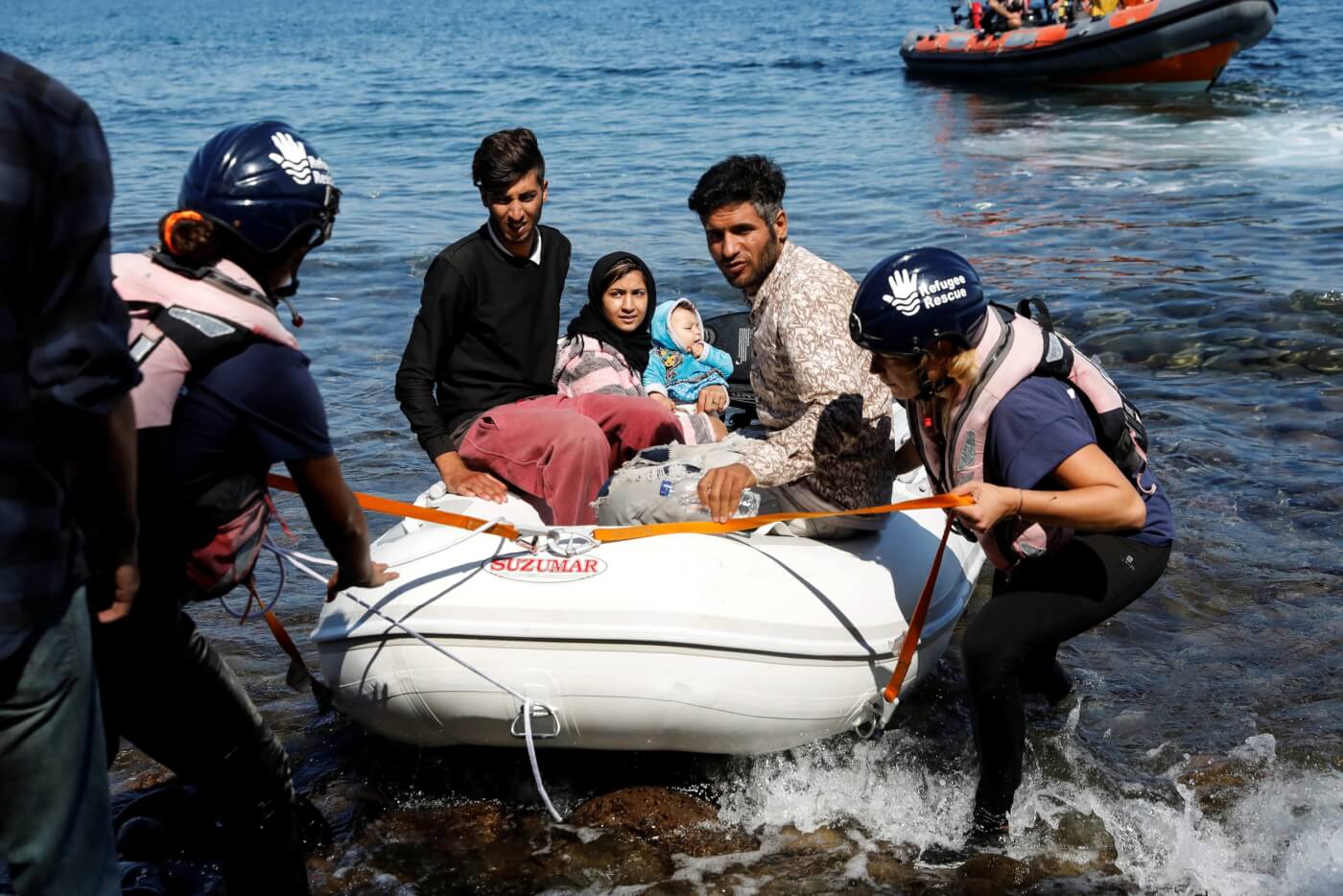The Border Violence Monitoring Network (BVMN), a Balkan-based coalition of 13 human rights organisations, has released its annual report; documenting the “torture or inhuman and degrading treatment” experienced by countless migrants attempting to cross Greek and Croatian borders.
The report, titled the “Annual Torture Report”, is based on the testimonies of around 300 migrants and presents a dystopian analysis of their treatment on some of the most widely traversed migration routes across Europe.
Six typologies of torture are focused on by the report – excessive and disproportionate force, electric discharge weapons, forced undressing, threats of violence with a firearm, inhuman treatment inside a police vehicle and inhuman treatment inside a detention facility – with the BVMN finding that 85% of all pushback testimonies feature at least one incident of torture.
The use of “excessive and disproportionate force” was the most frequently recorded form of torture suffered by migrants, with almost 9 out of 10 reporting incidents where it was used. In their report, BVMN revealed that, in some cases, there would be:
“assaults lasting up to six hours, attacks by unmuzzled police dogs, and food being rubbed into the open wounds of pushback victims.”
Joseph Cripps, UN advocacy officer and editor of the report, raised concerns regarding the systematic and standardised nature of such treatment, stating that:
“The overwhelming and indisputable evidence shows how forced undressing, inhuman detention conditions and lengthy physical assaults are now so commonplace that it is hard to distinguish it from an official policy.”
The publication of this report coincides with the release of analysis from The Guardian which has found that illegal EU pushback operations, facilitated by the EU’s border agency Frontex, are linked to the deaths of more than 2,000 refugees since the start of the Covid-19 pandemic.
Pushbacks undoubtedly contravene both international and EU law, undermining migrant’s right to seek asylum, right to due process and potentially the principle of non-refoulement.
Fulvio Vassallo Paleologo, a professor of asylum law at the University of Palermo, said that:
“deaths at sea since the beginning of the pandemic are directly or indirectly linked to the EU approach aimed at closing all doors to Europe and the increasing externalisation of migration control to countries such as Libya.’’
Many EU countries have imposed increasingly hostile migration policy since the start of the pandemic, with diminished cooperation with NGOs, ineffective search and rescue operations and obstruction of safe and legal routes, in the form of partial or complete border closures, becoming commonplace.
The use of pushbacks and torture on some of the EU’s most congested migration routes is unacceptable – individual border forces and EU agencies must ensure that the fundamental rights of migrants and refugees are protected.

